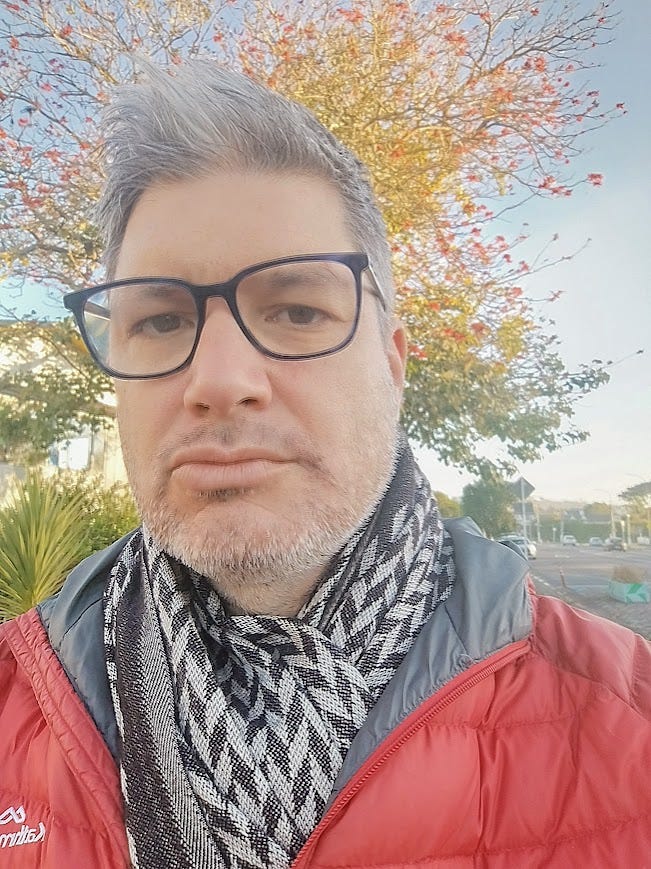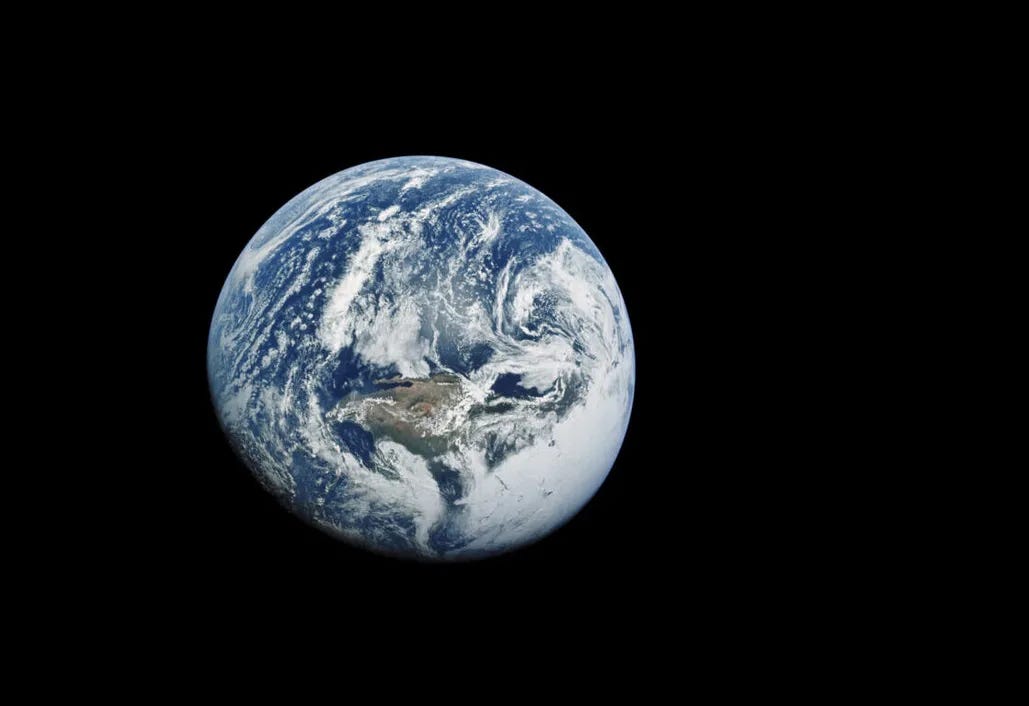
What are the chances that a universe, like ours, came into being with the exact right physical properties for atoms and matter and gravity and light waves to exist, stably and for eternity? Let’s say it’s one in a trillion.
Then in this particular universe, what are the chances that a life form would emerge with enough intelligence and self-consciousness to consider the world and stars around him, to develop mathematics and religions and philosophies to try and understand what he saw, and ultimately develop the science and technology to blow the whole thing up? That might be around one in a trillion too.
I’ve just finished reading “Believe” by New York Times columnist Ross Douthat, in which he patiently and painstakingly lays out a case for believing in God. He would be devastated I’m sure to have me sum up one of his many careful arguments in such a clumsy way but let me have a go anyway.
He says that if you accept that the chances of humanity coming into existence are one in a trillion in one in a trillion, and you still think that sort of lottery win is more likely than the idea that we’ve come about because of intelligent design, you are a missing a trick. No doubt you will have your own objections to his logic; but you might enjoy reading his book and testing your faith in scientific chance over one true Creator.
I’m not intending to make a case for or against God today, but it occurred to me recently that we do as humans find ourselves trying to manage our potential in a particularly testing way (Ross would say: almost as if it was designed like this).
We have spent 99 per cent of our existence developing the precise brain and body chemistry to survive and thrive - with enough love and fight and pleasure and addiction chemicals to incentivise relationships, work hard, hunt food and protect our children. But, uniquely as a species, we have developed to a point where we now know how to trigger and corrupt these chemicals at will. A few thousand years ago perhaps the only way to feel pleasure was to plough a field for twelve hours then sit back and admire your work. Now we have Pringles, hot showers and Tetris.
Industry and specialisation and division of labour meant that humans could gather in cities, knowing that food would be grown elsewhere and delivered as needed. But in these cities we no longer have the lifestyles we’ve been built for. We have to think outside the box just to get ten thousand steps each day; our muscles atrophy while we sit on padded office chairs; our eyesight deteriorates as we stare at an electronic monitor all day then go home to the television and the phone. We use our food production and marketing expertise to hook the poor on the ingredients that will eventually kill them.
We invented plastic which helped make this city living possible, but within a century each piece of this plastic had shattered into invisible molecules and become small enough to enter our lungs and our blood and our hormonal systems. We harnessed the power of fossil fuels but, by incinerating them, will make a planet which has existed for billions of years unliveable within 200.
Perhaps most depressingly of all, we created a form of global governance where even the best system, democracy, leaves us unable to choose the things we all want. We all want to save the planet but there is no button to press. We all want to put limits on AI but we can’t risk an evil super power getting ahead. We all want to feed the world and stop the concentration of wealth and power but every dollar we spend votes for the current system to stay in place.
It was a perfect experiment: to create a species capable of destroying itself and then see whether it could avoid doing it. Maybe the experiment did happen by chance, but when the last creature capable of understanding how special that was takes his last breath, the universe itself will cease to exist. Because how can something exist if there is nothing left to behold it?






According to a widely cited analysis there are about 9 million species on our planet. It seems that only one of them makes a note of, and attaches importance to, the day on which any one of them is born. I’m not sure that this attention to self is a good thing but here we are. Enjoy your day Jesse. Here’s to many more years of thinking (and sharing) your big thoughts.
Democracy Jesse? Are you sure?